Are you wasting energy and money in your business? It's an easy habit to get into. Often, however, a few simple operational changes and low-cost upgrades can significantly reduce your energy costs. Here are some common energy-wasting habits. If they sound familiar, maybe you should take steps to stop wasting energy and start saving money.
Failing to adjust thermostats
Adjusting building temperatures after hours is one of the easiest and most effective ways to reduce your energy costs. Unfortunately, it's easy to set the thermostat once and forget it. Install a programmable thermostat and program it to automatically adjust building temperatures based on your operating schedule. Newer smart models have advanced features, such as remote control and self-programming.
Leaving lights on in empty spaces
If you've installed high-efficiency LEDs, that's great, but if you leave them on in empty spaces, you're still wasting energy. Remind staff to turn off lights when they're the last one to leave a room or the building at the end of the day. Occupancy sensors and timer controls are a low-cost upgrade that can help optimize savings and convenience.
Allowing conditioned air to escape
Are there gaps in the windows and exterior doors of your building? Conditioned air can escape through these gaps, reducing indoor comfort and making your heating and cooling system work harder than necessary. Inspect your windows and doors and seal any gaps you find with caulk or weatherstripping.
Not getting enough sleep
Computers and office equipment are rarely used all of the time. Many devices, however, are left running at full power all day long, wasting energy. Enable power management "sleep" settings in all computers and office equipment. That way, they use only a tiny amount of energy when idle, but they're still ready when you are.
Letting appliances get too personal
Allowing personal appliances — such as desk fans, space heaters and coffee makers — to proliferate can result in significant energy waste. They're almost impossible to manage, and employees may often neglect to turn them off when leaving for the day. Discourage the use of personal appliances by maintaining comfortable temperatures in your workplace. Also, provide a refrigerator, coffee maker and other appliances in an easily accessible central break room area.
Running kitchen fans at full speed
If your business has kitchen operations, leaving hood ventilation fans running at full speed during idle times wastes energy. It also sucks air out of the building, requiring your HVAC system to work harder supplying makeup air. One option is to manually shut down ventilation fans during idle times. A better option is to install demand control ventilation, which saves energy by automatically adjusting fan speed according to need.
Hire a qualified professional to perform an energy audit or assessment of your facility. You'll receive a targeted set of cost-saving recommendations that will help make energy efficiency a part of your new routine.

